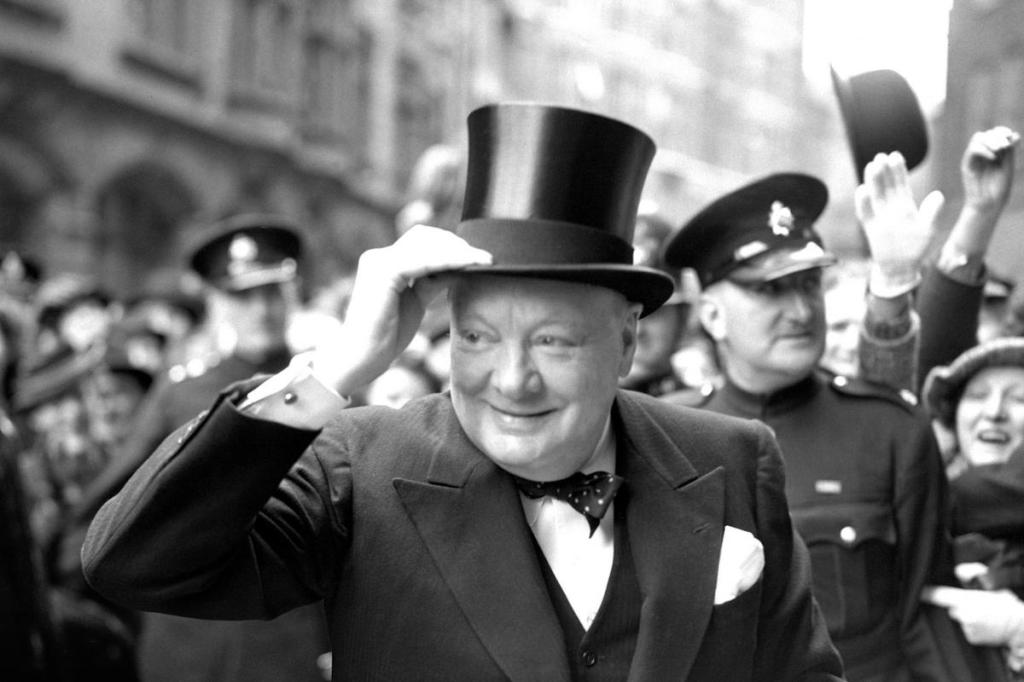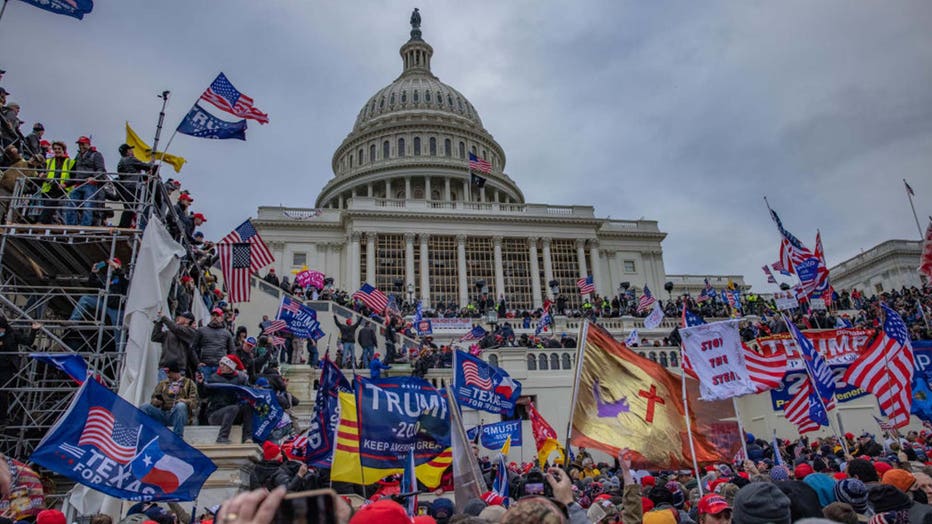Our friend Jerry over at Grumpy’s Grumblings has another post out, this one poignantly reminding us that a leader’s words matter in times of turmoil such as what we see going on in Ukraine. I’ve included a link at the end to continue reading. Thanks, Jerry, for another outstanding piece!
“Handle them carefully, for words have more power than atom bombs.” – Pearl Strachan Hurd
As Russian bombs and missiles demolish Ukrainian buildings and kill and maim Ukrainian lives, Pearl Strachan Hurd’s statement about the power of words rains down undeniable truths with an explosiveness that reminds me of my reasons for choosing a writing career.
Words Matter
Words, more than bullets, bombs, or battles, determine humanity’s courses. The impassioned and inspirational words Ukraine’s President Zelensky has spoken to his people—and recently to the U.S. Congress—have been likened to those of Britain’s Winston Churchill during World II.
Churchill—perhaps more so than any other world leader in modern times—understood the power of words. He said,
You see these dictators on their pedestals, surrounded by the bayonets of their soldiers and the truncheons of their police. Yet in their hearts there is unspoken—unspeakable!—fear. They are afraid of words and thoughts! Words spoken abroad, thoughts stirring at home, all the more powerful because they are forbidden. These terrify them. A little mouse—a little tiny mouse!—of thought appears in the room, and even the mightiest potentates are thrown into panic.
Surely, Vladimir Putin panics at the words Zelensky aims with laser-like precision at the Russian dictator and his communist comrades. Churchill no doubt would have recognized Zelinsky as a kindred spirit, able to rally freedom-loving citizens of his country and of the world with well-chosen words.
World-Changing Words
But Winston Churchill’s World War II-era appreciation for the weight of words came through the crime of a careless word choice at the outbreak of World War I, when the relatively young man was First Lord of the Admiralty, Britain’s equivalent of Secretary of the Navy.
At the time, Britain ruled the seas with the world’s greatest naval fleet. But while Britain had more naval ships than any other nation, Germany had developed one dreadnought—that era’s term for a battleship—that was superior to any other ship on the planet.
The SMS Goeben was bigger and faster, had lighter-but-stronger armor, and more powerful guns than any ship in the British fleet—or any other ship of that era. Britain had only numbers to counter the might of Germany’s grand dreadnought, the Goeben.
So, as the likelihood of a vast European war became evident—and as news reached Churchill of the Goeben’s departure from an Italian port—the young First Lord wanted those under his command to exercise caution. His orders to Admiral Troubridge were, “Do not at this stage be brought to action against superior forces, except in combination with the French, as part of a general battle.”
What were “superior forces”? What did he mean by “a general battle”? Having failed to clearly define those terms, he left it to Troubridge to infer and interpret.
So, as the Goeben, with its crew of more than 1,300 sailors—and accompanied by the light cruiser the Breslau—steamed out of port and into the Mediterranean, the British ships commanded by Admiral Troubridge mostly just shadowed it. Acting upon orders from Admiral Milne, Troubridge fired a few rounds at the Goeben, which in turn fired back with a few rounds. The ships were too far apart for any of the shells to reach their targets.
Following that brief-but-futile skirmish, the uneventful chase was on. On the morning of August 10, 1914, the Goeben and Breslau entered Turkish waters, near the Gallipoli coast.
The Kaiser and his military leaders needed another ally, and Turkey was strategically placed to be that ideal ally. So, the Germans—superficially—gave the two ships to the Turkish fleet. Flying the Turkish flag, they were renamed Yavuz Sultan Selim and Midilli.
To continue reading, please click here: Grumpy’s Grumblings






Leave a comment